Do you really need sunscreen with blue light protection?
Considering the plethora of options we have in the market to choose from, choosing a sunscreen is anyway an extremely daunting task for a layman. Plus, this task has only been made more confusing in the past few years, owing to the growing importance of it. Emitted by both the sun and the digital screens, blue light is also very harmful for the skin’s texture. It can also cause disruptive effects in our cardiac rhythm as a result of late night scrolling.
A take from the dermatologists

Dermatologists all over the world have been researching the effects of blue light on one’s skin over the past decade. The answers are purely directed towards taking care of your skin while you work digitally. The blue light which is emitted from digital devices can cause changes in one’s skin cells, which also include cell shrinkage and death. Hence, this eventually speeds up the ageing process. Exposure to a lot of blue light can also lead to hyperpigmentation. A lot of dermatologists have elucidated upon how it not just causes eye strain, but also a lot of damage to our collagen and elastin fibres. Collagen is what makes one’s skin supple. Once disrupted, it can cause a ton of concerns, such as early aging, pigmentation, etc.
The truth is revealed
According to American Academy of Opthamology, The amount of blue light emitted by devices is “only a fraction” of that given off by the sun, explains Dr. Bloom — “but the problem is that we are constantly spending time on and carrying around these devices and keeping them close to our face and head.”
This is exactly why one needs to keep sunscreen close to oneself. A sunscreen that doesn’t just help you protect your skin from the sun, but also from the harmful effects of the digital screens. The blue light emitted from the digital screens as well as the blue light emitted from the sun is very harmful for the skin. The long-term, low-level exposure of blue light from digital screens can actually be very detrimental to one’s skin texture.
So what really helps you battle blue light?

When it comes to sunscreen, red algae is the only ingredient which helps in fighting against blue light. It helps in absorbing the blue/violet light of the spectrum to protect the skin from its damaging effects. Also, both titanium dioxide and zinc oxide naturally help in blocking some blue light.
However, despite the marketing claims, it is not just blue light which is solely responsible for making you age. Direct sunlight is something to worry about, and blocking blue is a good way of protecting yourself against direct sunlight. Skin damage and skin cancer is mostly caused by the UVB component of sunlight, which damages the DNA directly, and thus needs to be taken care of with an able and effective sunscreen.
Conclusion

Uniqaya’s broad spectrum tinted sunscreen is actually equipped with enough components to help you have efficient protection against the blue light and UV rays. It helps in battling sun burns, hyperpigmentation and photoaging. With a matte and non-greasy formula, it does not leave a white cast and is one of a kind.



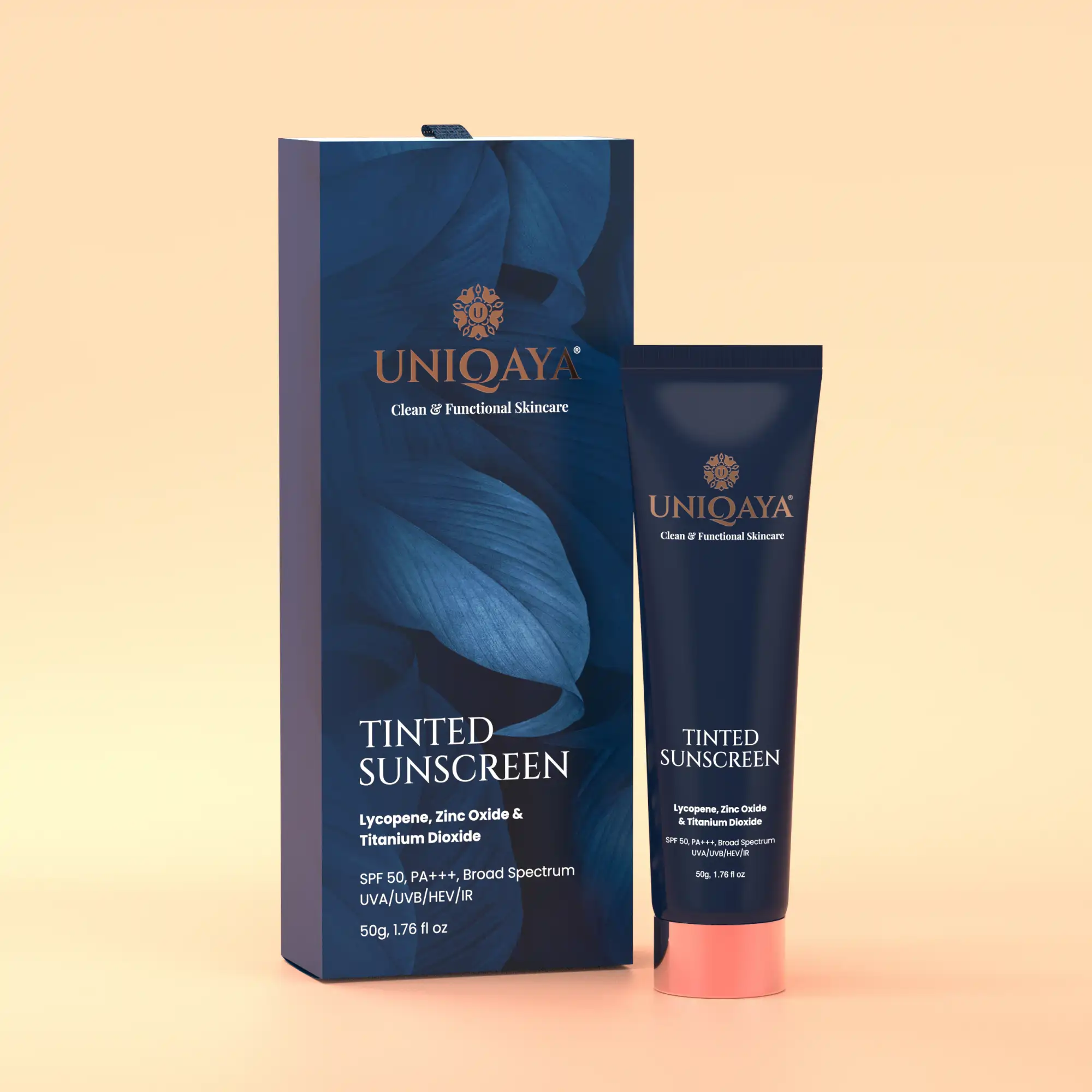
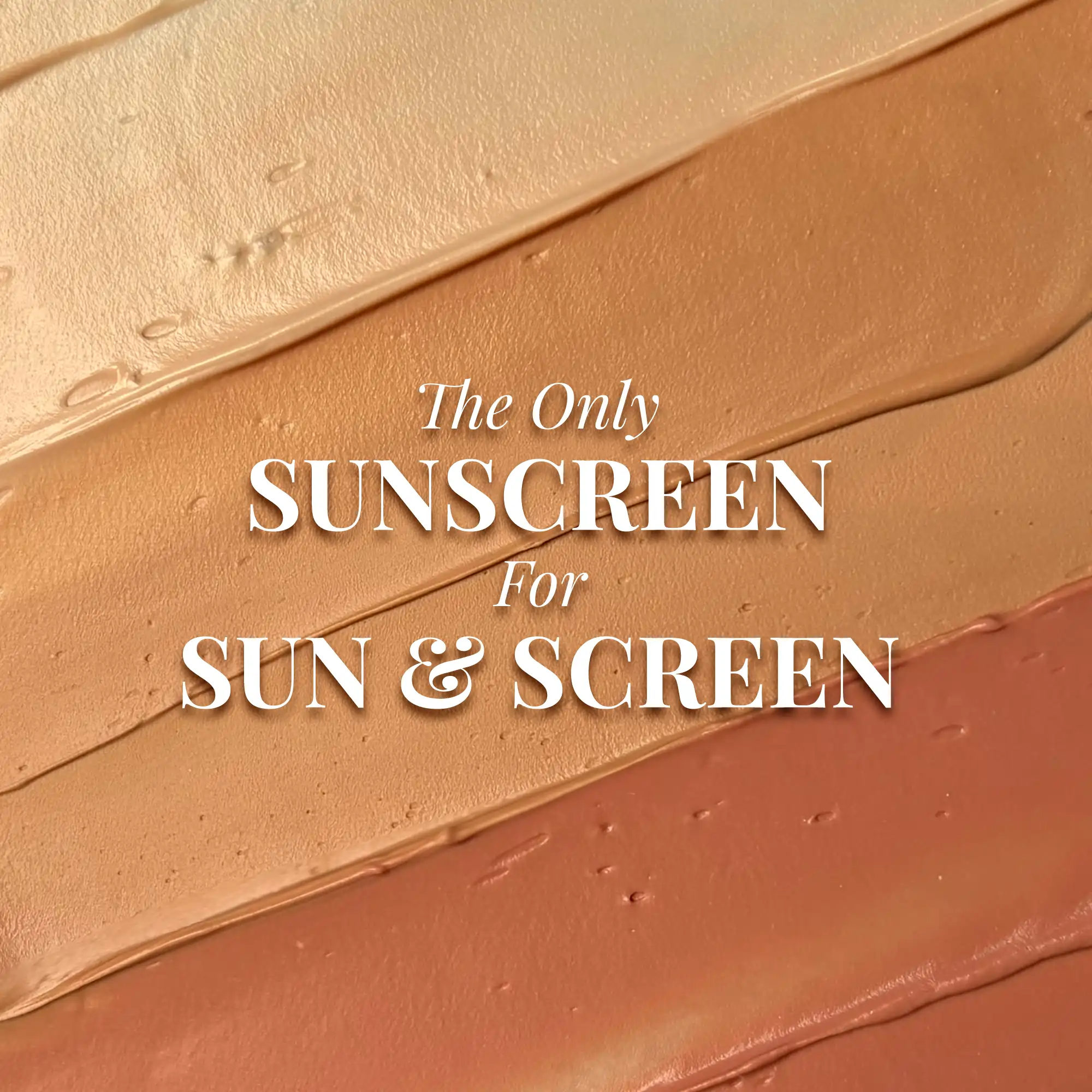
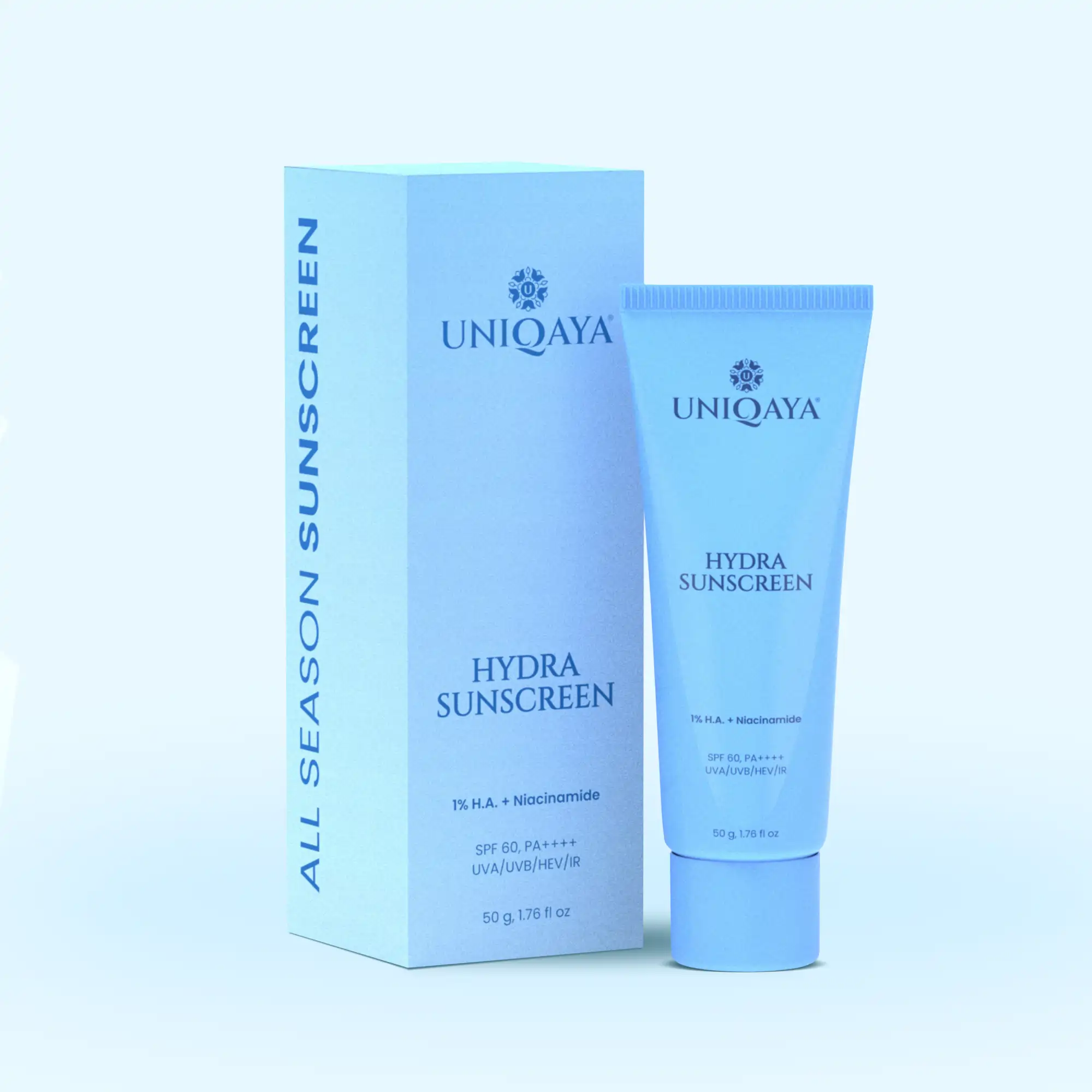
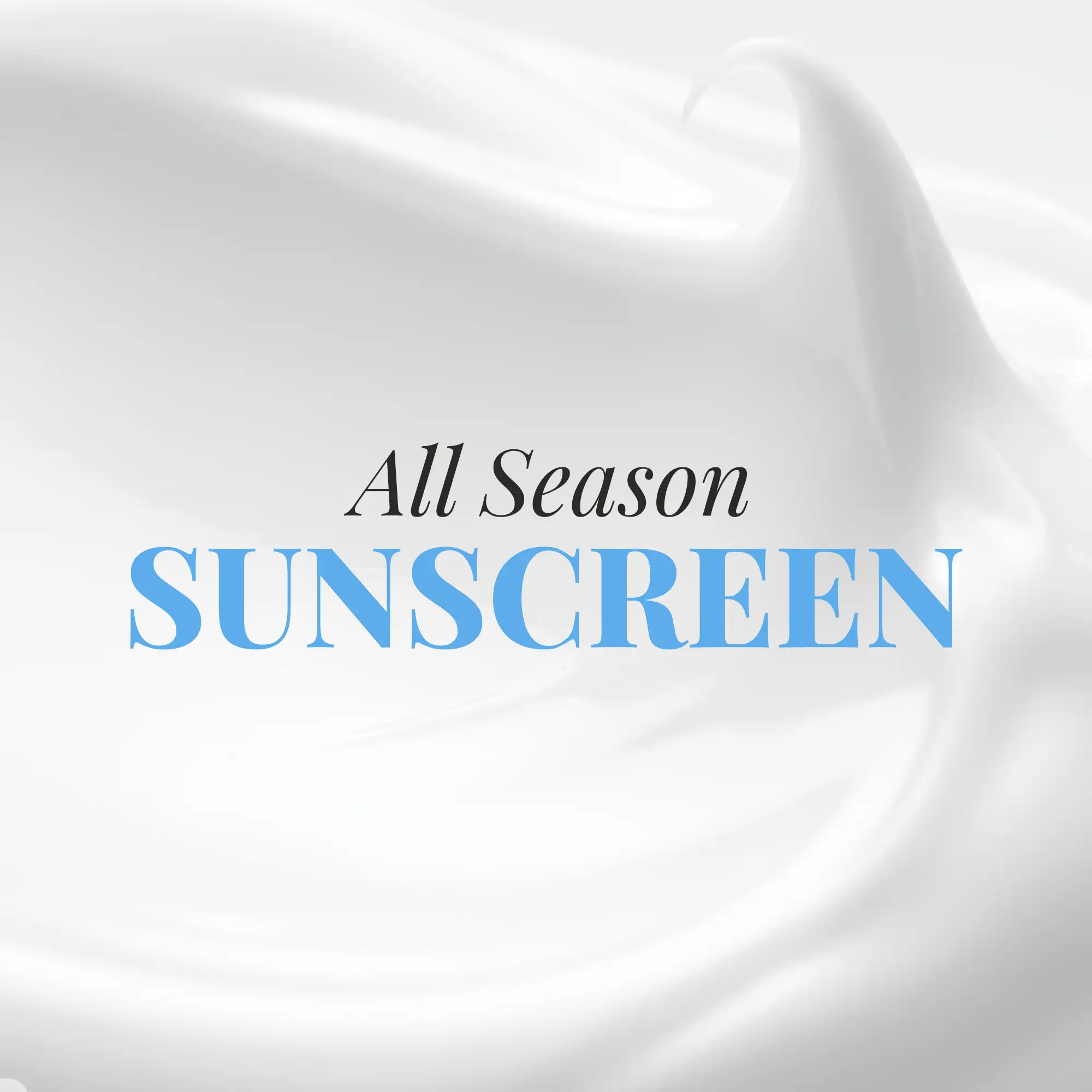
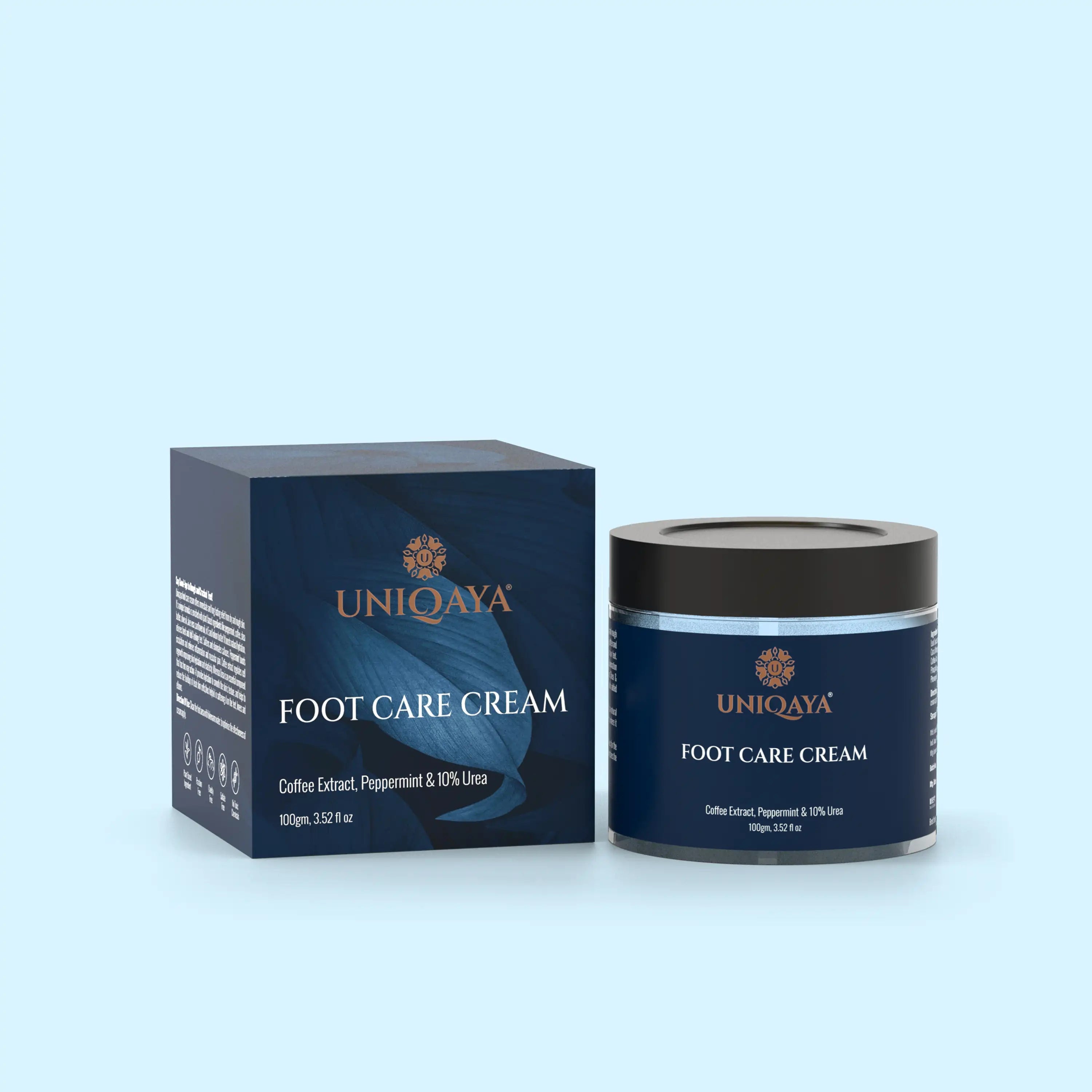
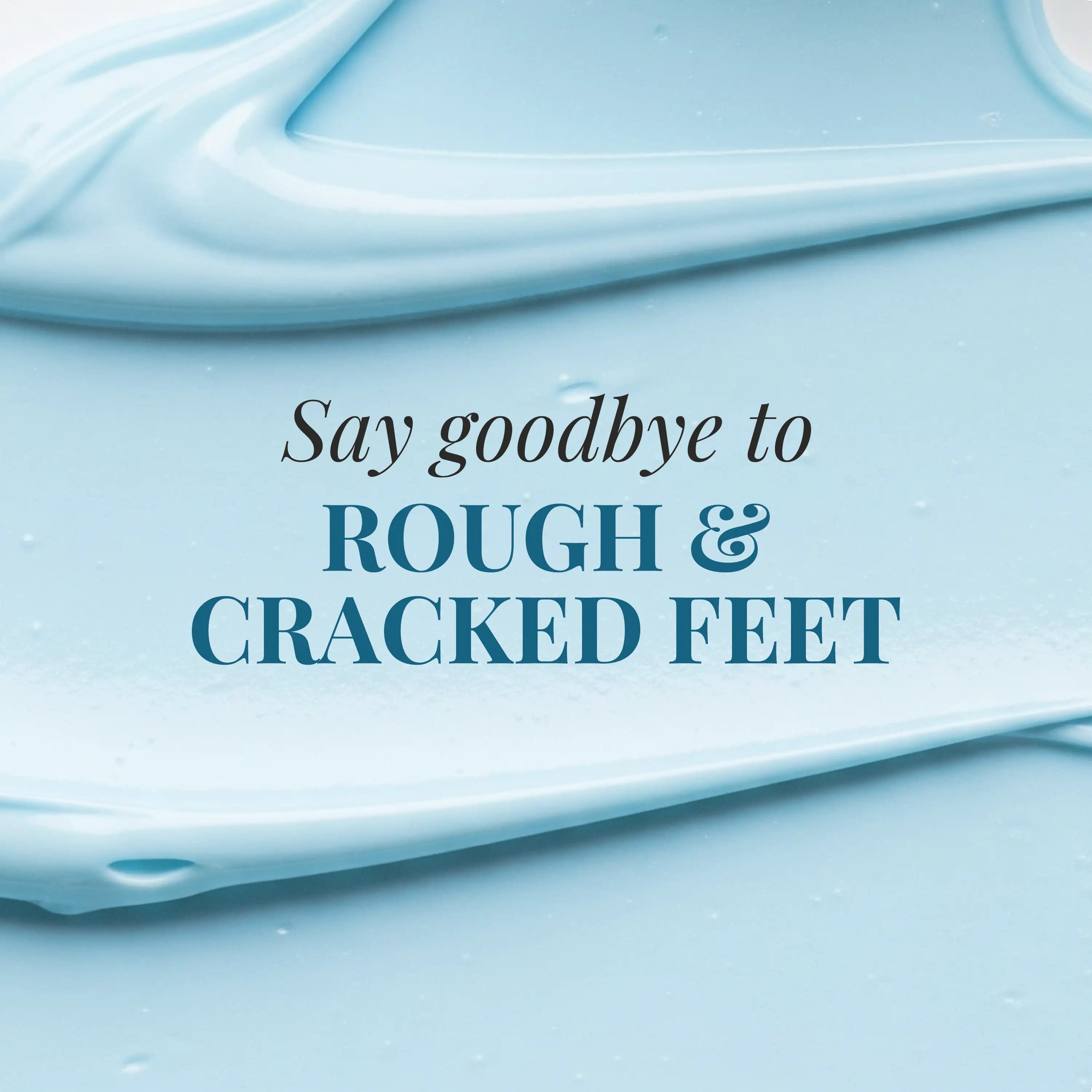
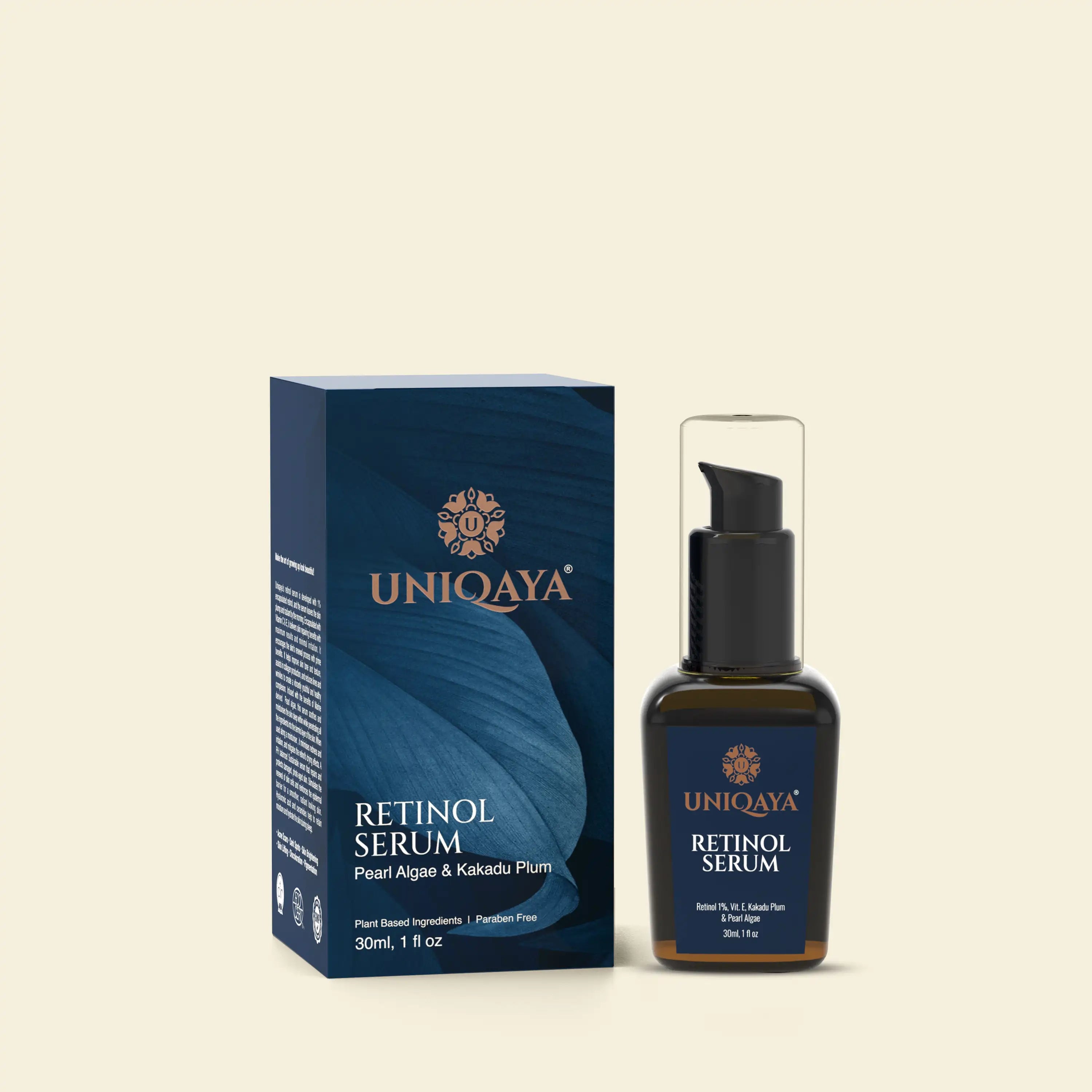
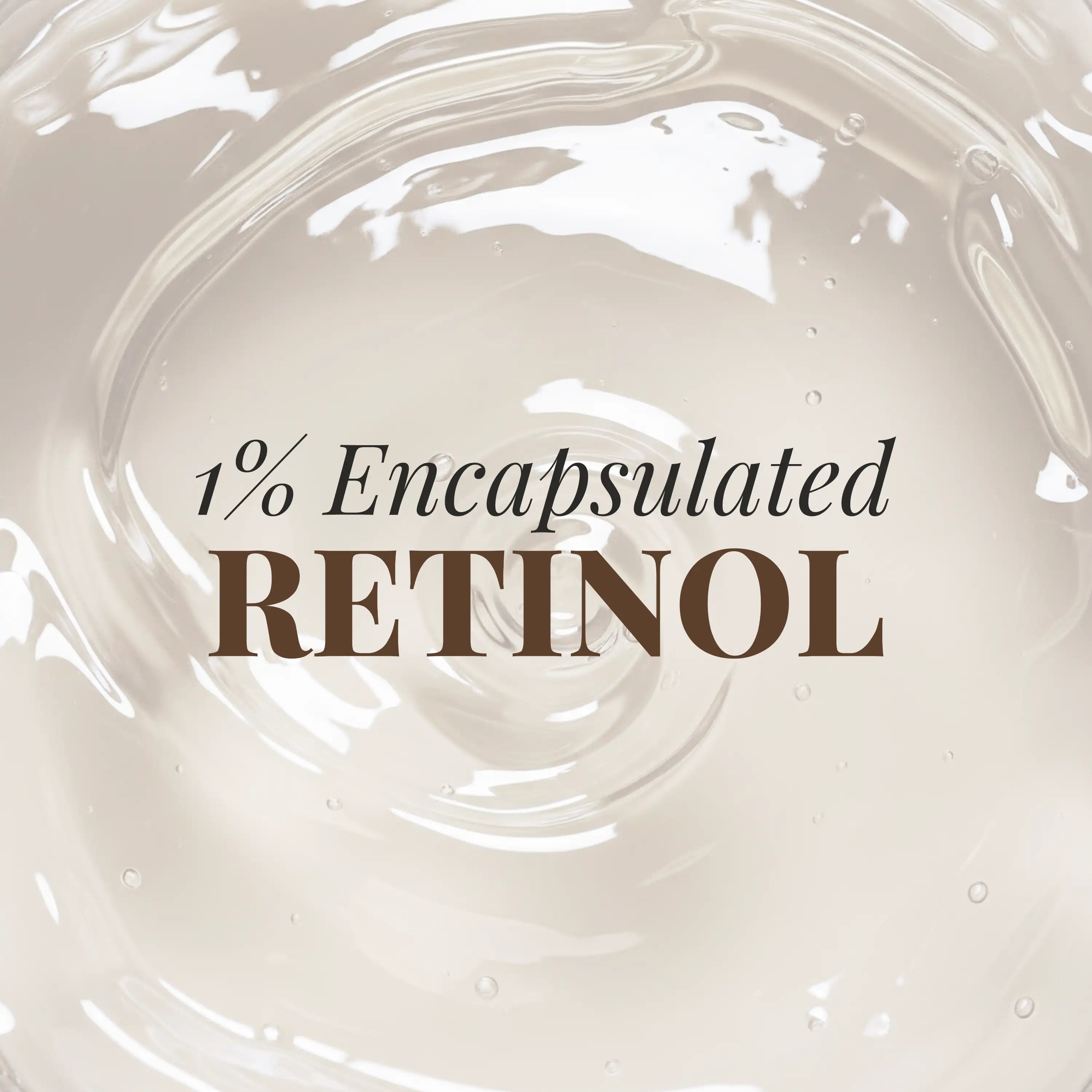
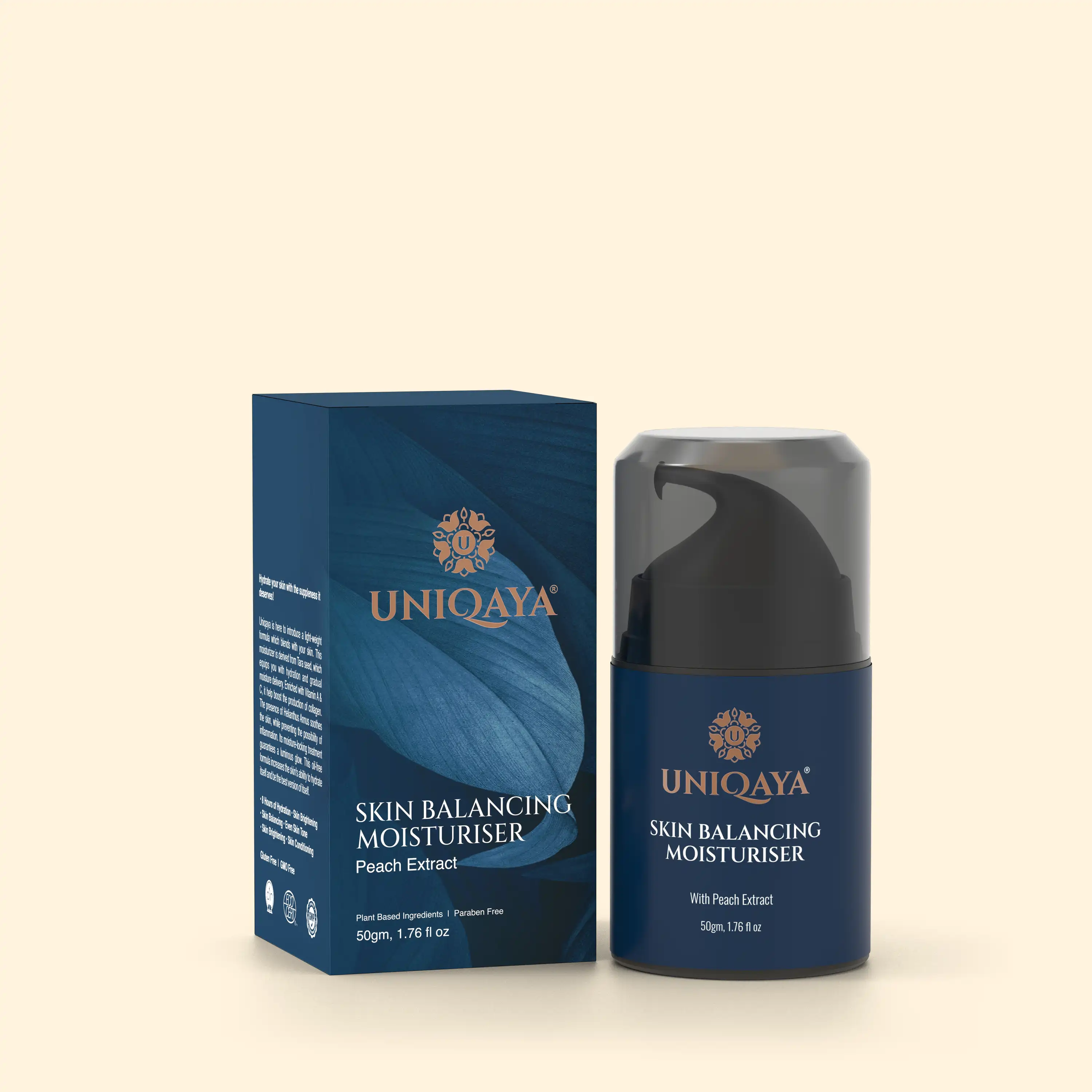
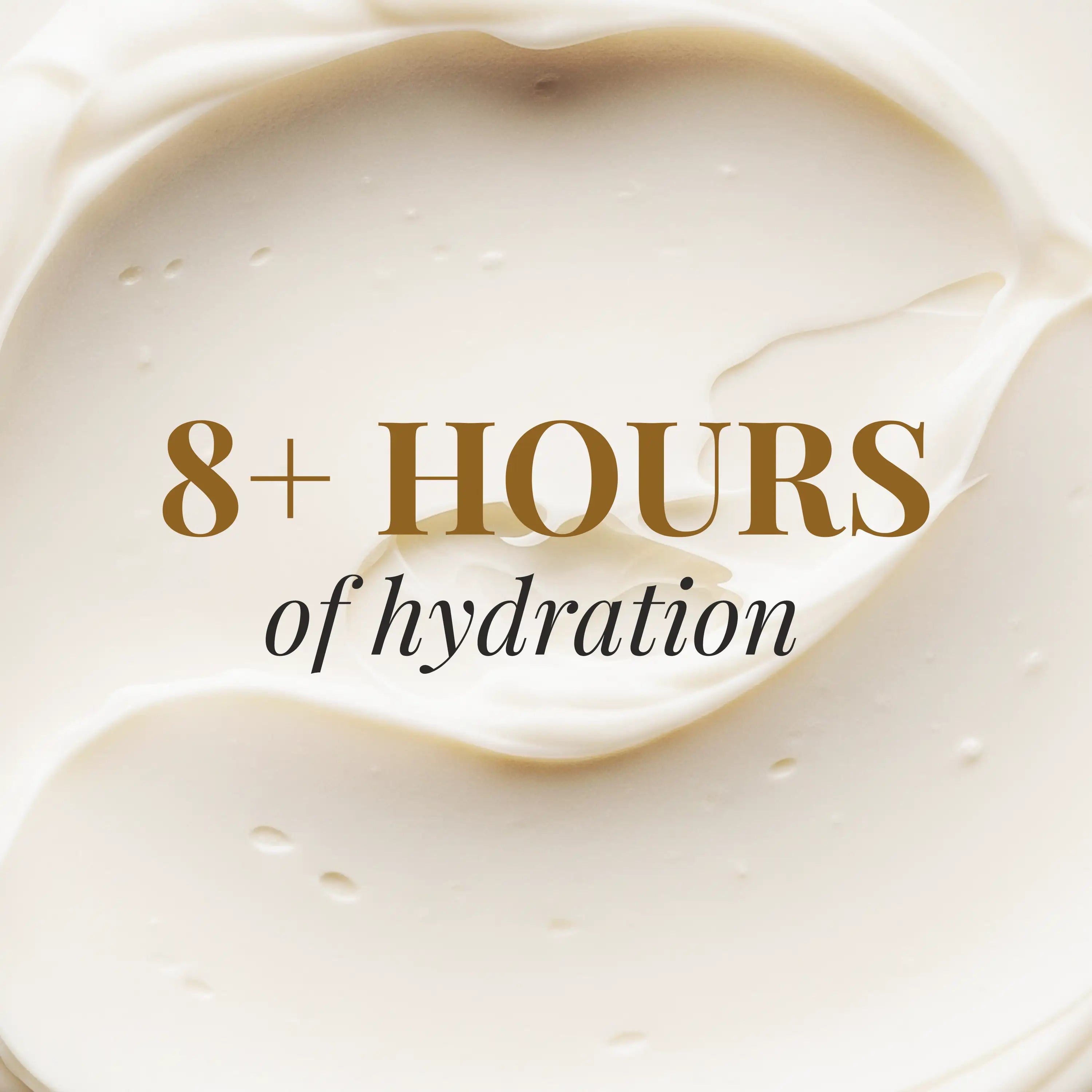
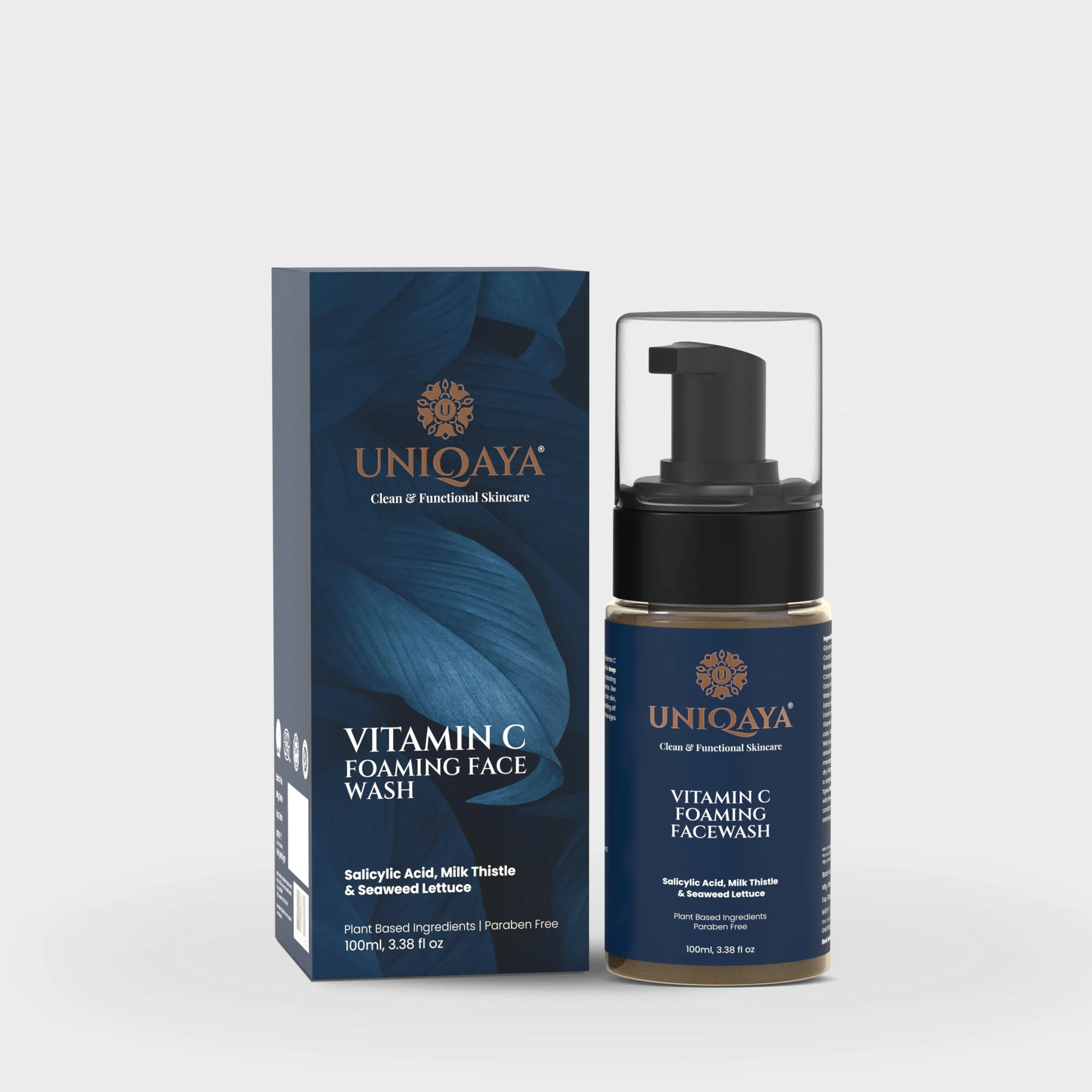
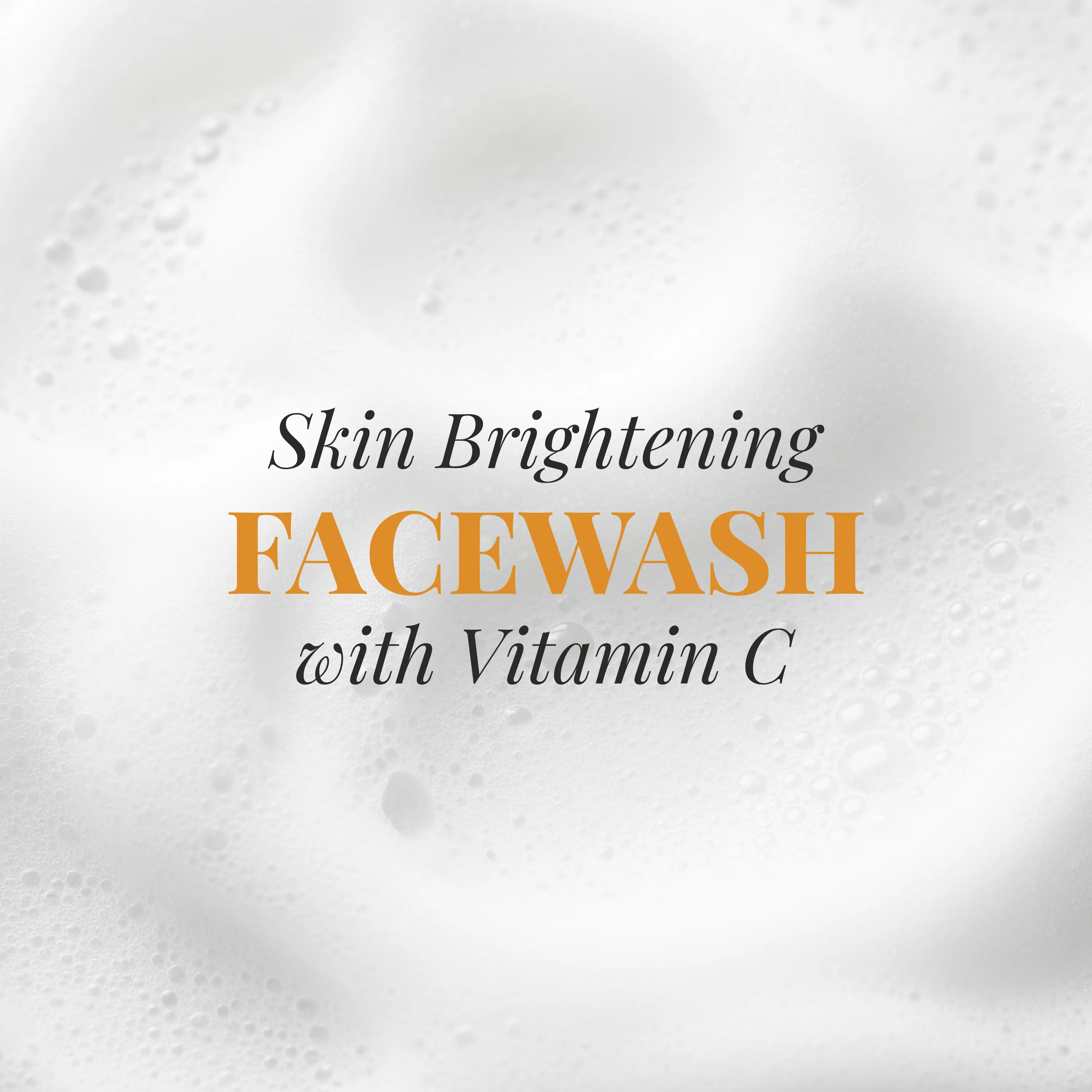
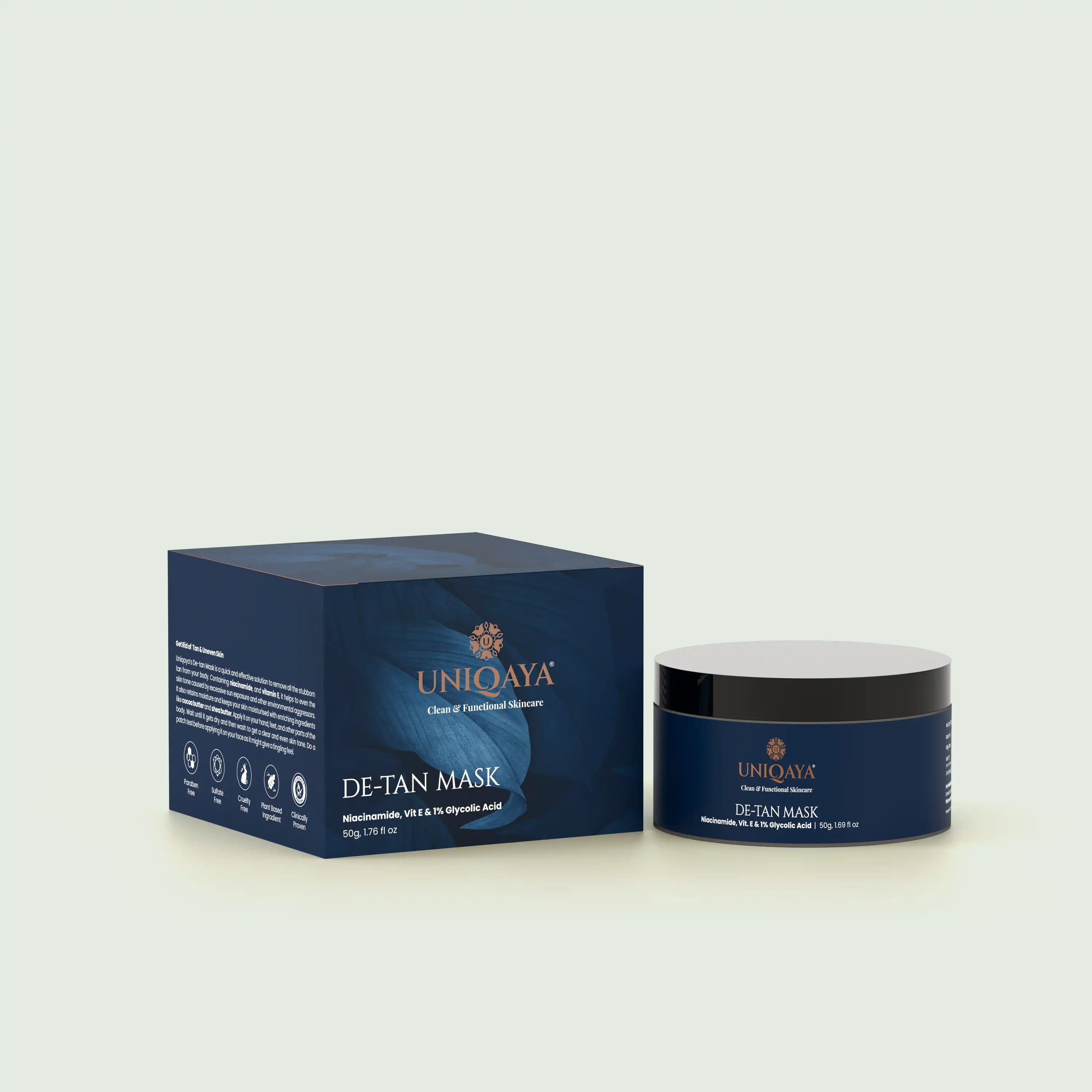
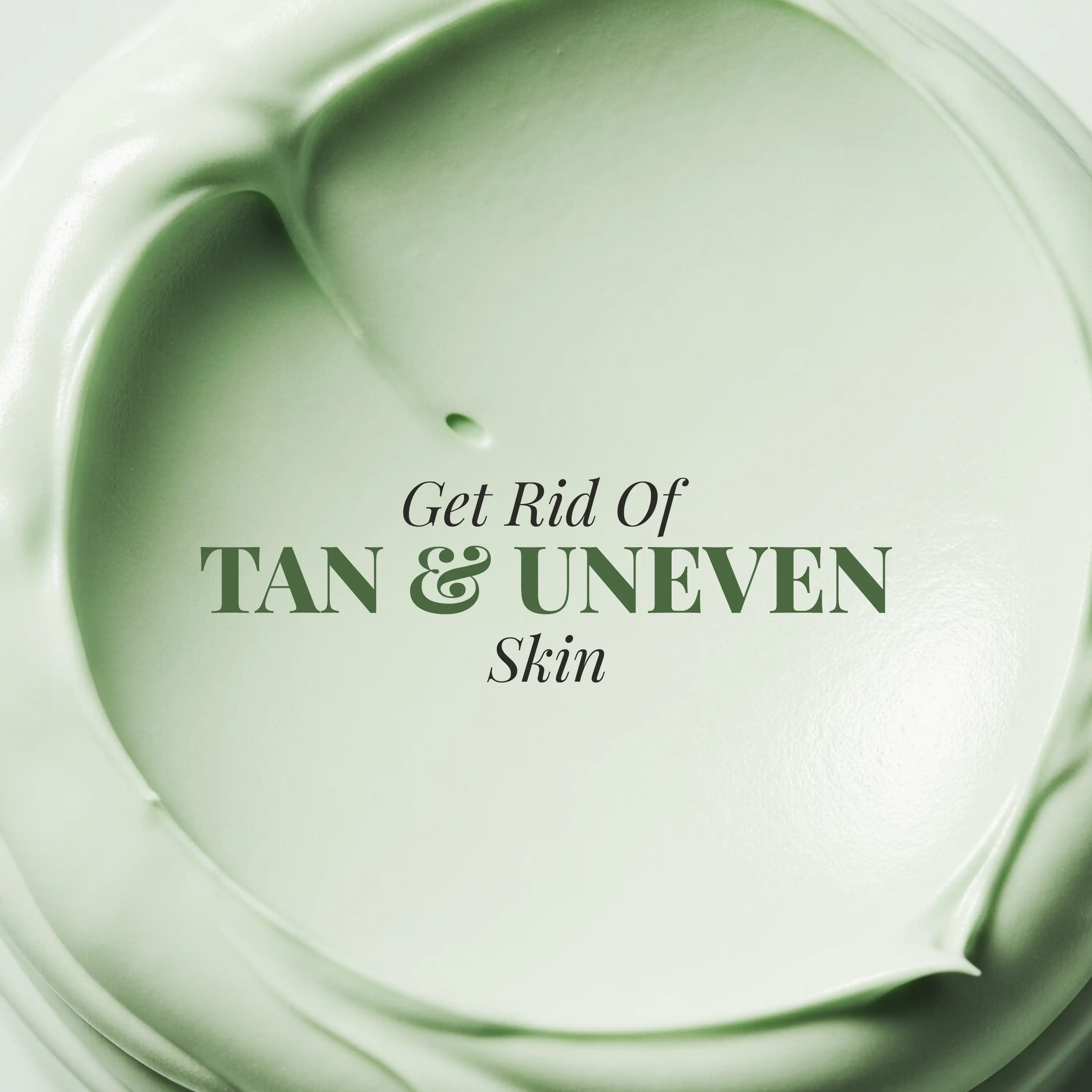
Leave a comment